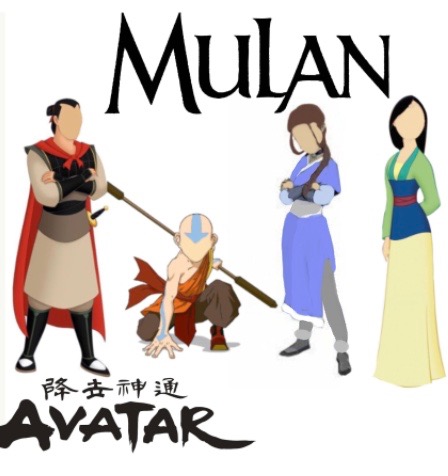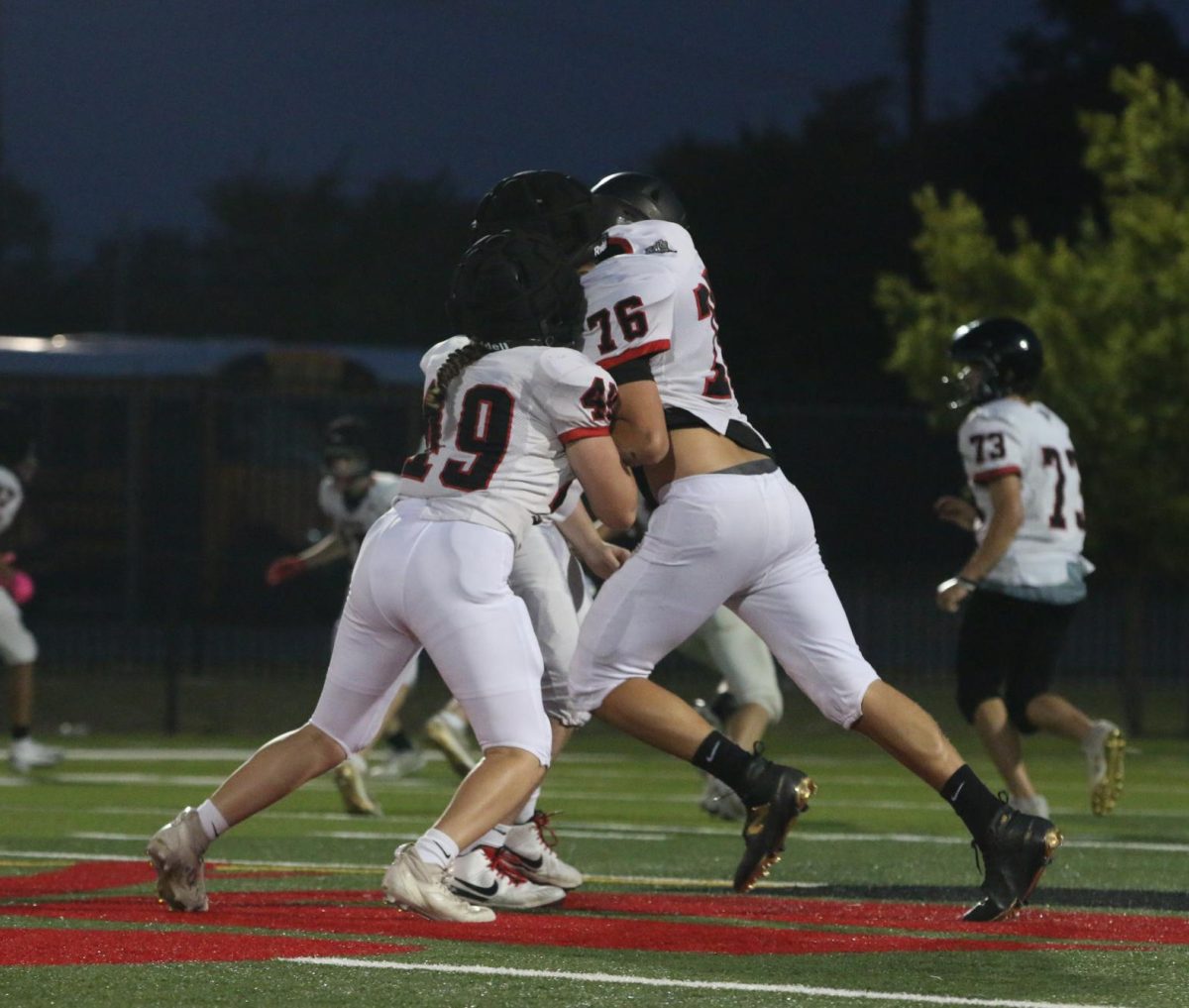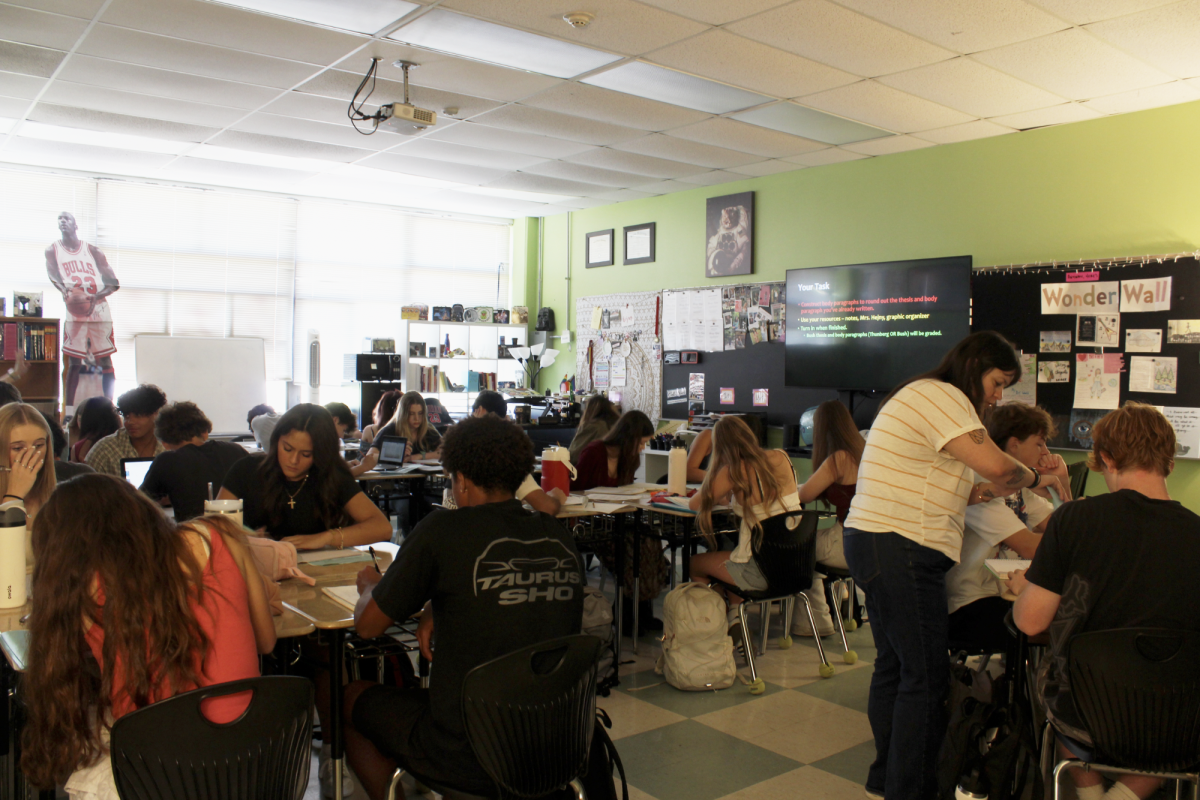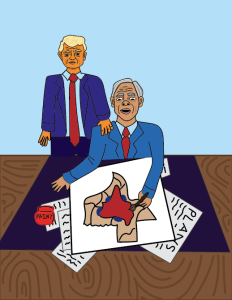Asian representation in Avatar and Mulan

With the release of the live action Mulan, there has been a lot of outrage and concerns in the media about the representation in the movie.
October 22, 2020
With the release of the live action Mulan, there has been a lot of outrage and concerns in the media about the representation in the movie. This brings many to the topic of Asian representation in the media and how it has changed for the better and for the worst over time.
“I think that Asian representation in the media is important because it promotes diversity and equality,” Sophomore Ally Bartek said. “Usually when there are many people of only one race, other people may feel left out or less appreciated than others, and some races might think more highly of themselves than they do others because they get recognized more often.”
With the live action Mulan, many people compare it to another famous show that is known for its Asian representation, Avatar the Last Airbender. Avatar the Last Airbender takes place in a fictional world where the five elements, (water, fire, earth, and air), can be controlled by anyone who is born a bender. Aang, who is the avatar, can master all four elements and must go on a journey with his friends to stop the Fire Lord Ozai from taking over the world. The Live Action Mulan, which many can tell by the title, is the retelling of the animated Disney movie Mulan, into a live action. Many expected the live action Mulan to be like the animated Mulan, but it was far from that, and this is what made a lot of people mad.
“I can tell that Avatar is definitely more researched into; from the music that Uncle Iroh sings to the food that they eat, I can tell that the directors did their research,” Sophomore Angela Le said. “Mulan, from what I saw in the trailers, is mostly just action based, which is the whole point, but also there’s not any representation from what I saw.”
Avatar the Last Airbender is a Nickelodeon show that aired from 2005 to 2008, ending with three seasons and a total of 61 episodes. It was one of the most-watched shows of Nickelodeon and ever since it came back on Netflix, it has just gotten more popular. The live action Mulan came out of September 4th of 2020 and can be watched on Disney Plus for a hefty price of 30 dollars. Both are shows in the media that have an all asian cast, and they can both be compared to how representation can go wrong, and how representation can go according to plan. One big controversy that the live action Mulan faced was that no one behind the scenes of the movie was Asian. Everyone from the director to the makeup artist were all Caucasian.
“I feel disappointed because the whole point of the movie was for, again, representation, as well,” Le said. “Even though I haven’t seen the movie, I know that watching and knowing about the leading actress and how all the people behind the scenes are again doesn’t sit right with me.”
Another big controversy that the live action Mulan faced was the fact that many shots in the movie were filmed in XinJiang, China where Muslim concentration camps are being held.
“China is gonna be China and oppress people as long as the communist party is in charge,” Junior Jayden Wu said. “It’s terrible that it’s happening, but that’s what you get with an oppressive and corrupt government.”
For a while now, there has been a crisis in XinJiang, where Muslims forced into concentration camps and forced to eat pork, taken away from their parents, and other horrendous things that happen if they show any sign of practicing their religion. It is bad enough that many shots of the movie were taken in XinJiang, but none of the actors or directors spoke out about this crisis.
The lead actress of Mulan, Liu Yifei, recently stated her stance on the Hong Kong police, and how she supported them. On Weibo, which is considered the twitter of China, Yifei “tweeted” out how she “supports Hong Kong’s police” and how people can “beat [her] up now.” This was a controversial thing for many people, since the Hong Kong police is known for their brutality, falsification of evidence, and sexual assault of detainees.
“I hate the fact that the main lead of the live action of Mulan supports the Hong Kong Police,” Bartek said. “I’ve heard a lot of bad things about [them], and I don’t like how such a strong warrior is being played by someone who supports the Hong Kong police.”
Avatar the Last Airbender is another show with an all asian cast, and a lot of people debate on whether it is a show for kids or not.
“Avatar the Last Airbender has so many dark aspects that only adults can recognize, while maintaining its family friendly content and animation,” Bartek said. “It talks about so many deep things, and even illustrates mental illnesses, depression, and political issues; although there are only mainly Eastern Asians present in the show, there are also many representations of Southern Asians and their culture.”








